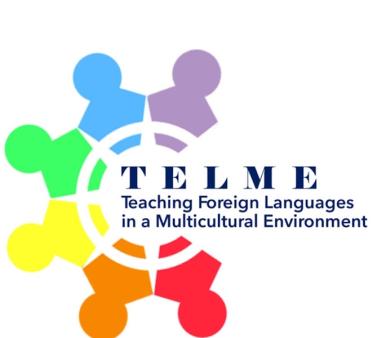This replaced the Master’s Degree in Archaeology and History in 2017. It is co-accredited by the following universities: Rennes 2, Nantes, Rennes 1, Western Brittany (Brest) and Maine (Le Mans).
Master 1: a core syllabus delivered throughout the whole training course, classes mainly take place at Rennes 2.
Pathways 1 and 2 are offered by Rennes 2:
-
Prehistory and Archaeological Sciences (Pathway 1), Rennes 2
-
Archaeology of Historical Periods (Pathway 2), Rennes 2
-
Careers in Archaeology (Pathway 3), University of Nantes
Objectives
This degree is closely connected to current archaeological practices, in particular preventive practices, and offers various opportunities: DRACs (Regional Archaeological Services in Regional Directorates for Cultural Affairs), Archaeology or Heritage Services in local and regional authorities, INRAP (French National Institute for Preventive Archaeological Research), private operators in preventive archaeology, CNRS (French National Centre for Scientific Research), Universities, etc.. Students’ career prospects and future professional environments are fundamental to this course.
Skills
-
Collecting and organizing the data necessary to research a specific theme.
-
Following the latest Archaeology and History research (conferences, seminars).
-
Understanding archaeological prospecting or excavation by putting together a grant application covering up to the field phase and team leadership.
-
Interpreting field and laboratory data.
-
Writing excavation and scientific reports.
-
Presenting research results to different audiences (in seminars, symposia, to the general public).
-
Writing articles and contributions for scientific publications.
Course Content
Master 1: classes are mainly held at Rennes 2 (and for some options at Nantes).
Master 2: classes are held at Rennes 2 for pathway 1 (prehistory) and pathway 2 (historical periods) and at Nantes for pathway 3 (archaeological careers).
Master 1: classes are organized in two six-week semesters
-
Fundamental (3 modules each semester).
-
Specialization (writing seminars and workshops).
-
Technical tools (archaeological sciences, techniques and methods).
-
Modern Languages (scientific English).
Master 2, pathways 1 and 2: classes are held over six weeks in November and December; the rest of the year is given over to completing the research dissertation.
-
Semester 1: research seminars with external speakers, specialization.
-
Semester 2: writing and defending a research dissertation.
Master 2, pathway 3:
-
Semester 1: refresher class on components specific to archaeological professions.
-
Semester 2: individual and group professional immersion courses.




